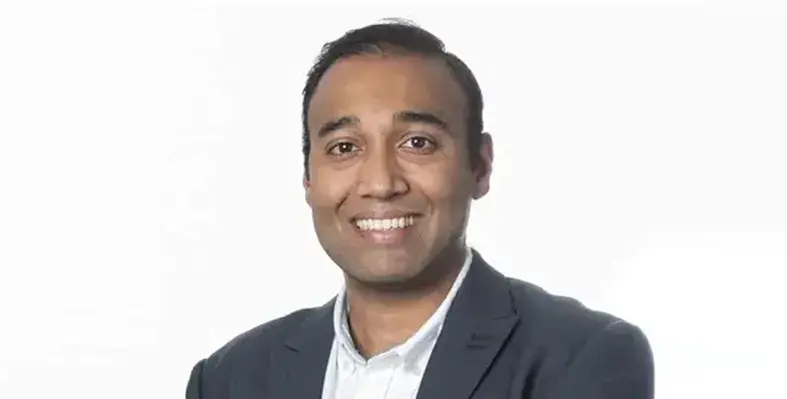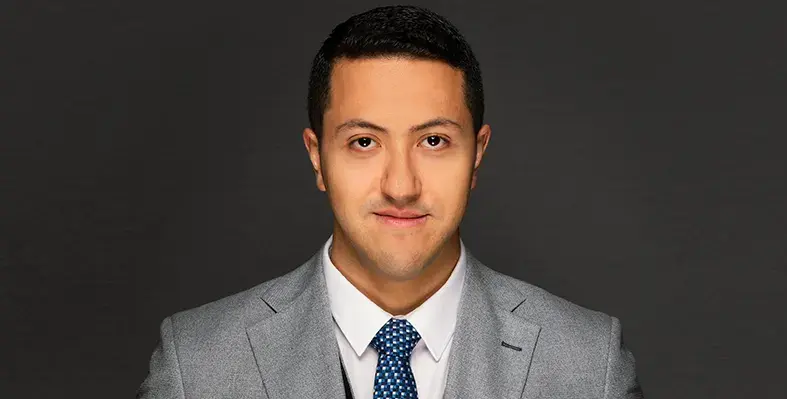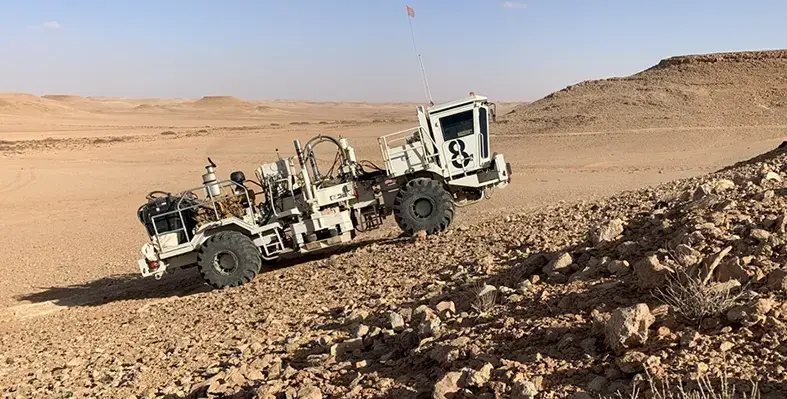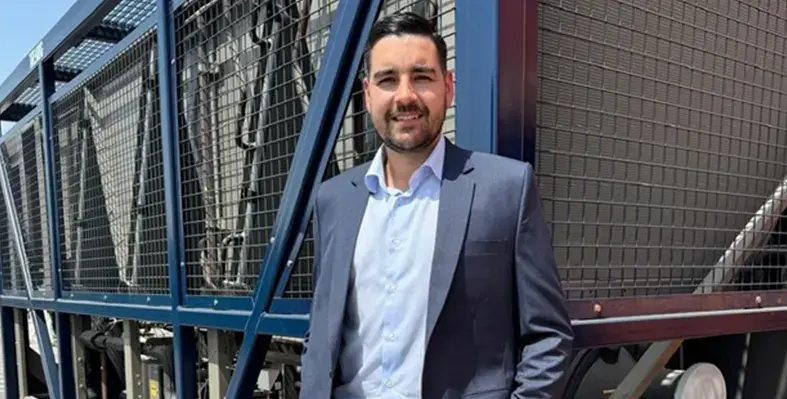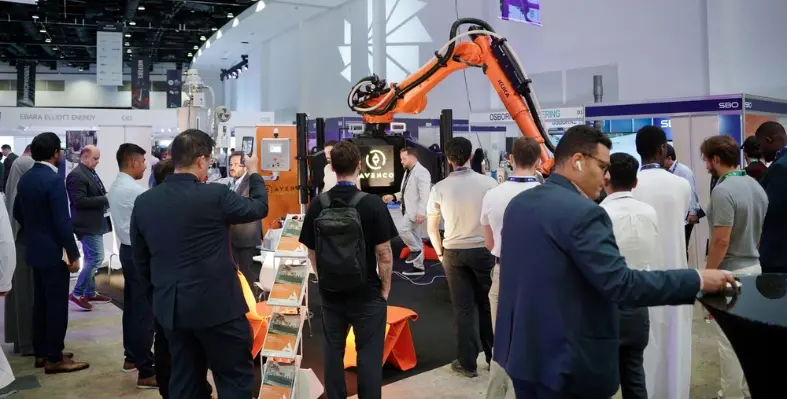
The GCC rotating machinery market is expected to reach US$15bn by 2025. (Image source: RoTIC Symposium 2025)
The Middle East Rotating Machinery Technology & Innovation Symposium (RoTIC Symposium) opened on 22 September at the Grand Hyatt Exhibition Center in Dubai
Running until September 24, the three-day event brings together over 3,500 professionals, innovators, and technical experts from more than 30 countries, representing industries such as oil and gas, petrochemicals, marine, and power generation.
The GCC rotating machinery market is expected to reach US$15bn by 2025, driven predominantly by the oil and gas sector, which accounts for over 60% of regional demand. Globally, the rotating equipment market in oil and gas is forecast to grow to US$42bn by 2027, highlighting the sector’s crucial role in industrial development.
“The Middle East is not just a hub for energy; it is becoming the global nerve centre for innovation in industrial technologies,” said Samuel Benedict, director of Aldrich International, organisers of the event. “With strong demand for rotating machinery and a growing emphasis on sustainability and efficiency, RoTIC Symposium 2025 serves as a powerful platform to connect ideas, technologies, and partnerships that will define the next era of industrial growth.”
This year’s symposium highlights energy-efficient designs, predictive maintenance, hybrid and electric solutions, and integration with carbon capture, utilisation, and storage (CCUS) systems. These innovations are helping industries progress toward Net-Zero targets while enhancing productivity and reliability.
Event highlights
The technical conference programme features sessions on turbomachinery, pumps, compressors, and sealing technologies, including real-time condition monitoring, vibration analysis, digital twins, advanced sealing solutions, and predictive analytics. Alongside the conference, the exhibition showcases cutting-edge solutions from global manufacturers, creating opportunities for partnerships, collaborations, and new business development.
With discussions spanning oil and gas processing, renewable power, marine propulsion, and aerospace engines, RoTIC Symposium 2025 is positioned as the largest and most influential rotating machinery gathering in the Middle East.
The event provides an essential forum for industry leaders to exchange knowledge, present innovations, and build strategic connections that will shape the future of industrial efficiency and sustainability.






